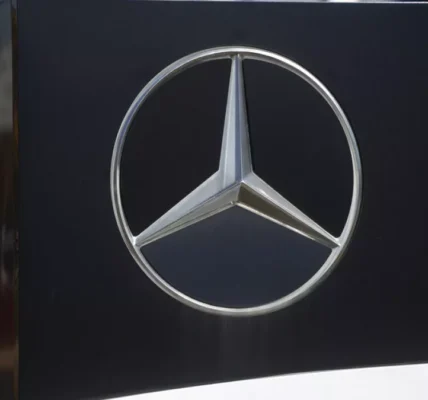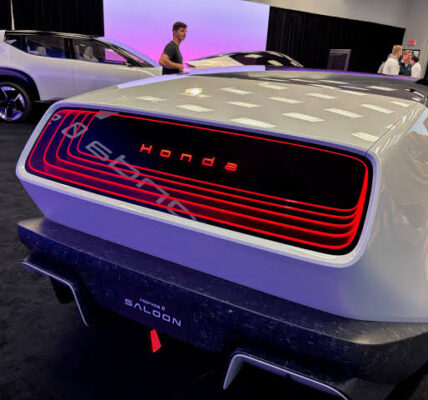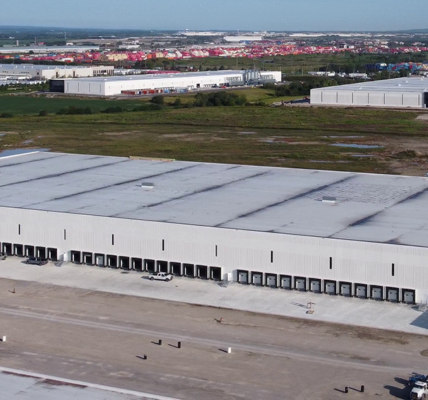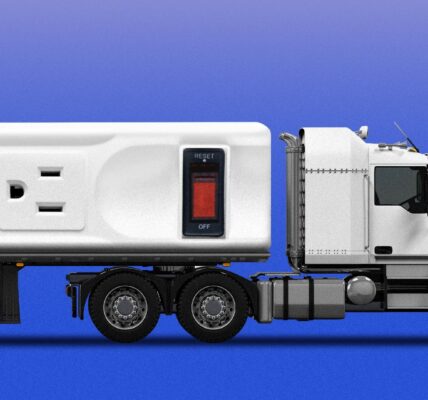Tokyo-based Honda Motor Co. will invest C$15 billion in four new electric vehicle assembly and battery manufacturing plants in Ontario, Prime Minister Justin Trudeau and Premier Doug Ford announced Thursday.
Trudeau called the deal the “largest investment in Canada’s history,” while Ford declared it “a game changer for the industry” and a “tremendous win for Ontario,” CBC reports.
Honda will build an EV assembly plant and stand-alone battery facility in Alliston, Ontario, as well as a cathode active material and precursor (CAM/pCAM) processing plant and a separator plant in communities that have yet to be named, the company said in a statement. The federal and provincial governments sweetened the deal with up to $2.5 billion each in subsidies, the Globe and Mail writes, with the federal dollars flowing from the investment tax credits it announced for clean technology in 2023, and for EV supply chains in last week’s 2024 budget.
“This announcement is not just about creating good jobs. It’s about securing good jobs and careers for the coming years, and even the coming decades,” Trudeau said.
“Once the assembly plant is fully operational in 2028, it will produce up to 240,000 vehicles per year and create more than 1,000 ‘well-paying manufacturing jobs’,” CBC states, citing releases from Honda and the federal government.
“Both the scope of Honda’s investment and the way that governments will back it mark a pivot in Canada’s strategy to establish itself a major player in the global race to build EV supply chains, as the auto sector shifts away from making vehicles powered by fossil fuels,” the Globe adds.The announcement identifies South Korea’s POSCO Future M Co. as a partner for the CAM/pCAM processing plant and Japan’s Asahi Kasei Corp. with a role in the separator plant.
Honda CEO Toshihiro Mibe said project details will be announced over the next six months, making the Alliston plants the first to take advantage of the EV supply chain tax credit. When it was announced last week, the credit was pegged at 10% through 2032 and 5% for 2033 and 2034, at a cost of $80 million through 2029 and $1.02 billion in the five years that follow.The federal Conservative opposition threw cold water on the deal, pointing to a previously-announced battery plant in Windsor where NextStar Energy, a partnership between automaker Stellantis and battery manufacturer LG Energy Solution, will be hiring 900 workers from South Korea for a key stage of the project.
“Windsor Mayor Drew Dilkens said those workers were coming to install specialized proprietary equipment in the plant and would only work at the site for periods of three to 18 months—and would not get permanent jobs,” CBC reports. “NextStar Energy has committed to hiring 2,500 Canadians for full-time positions at the plant,” on top of 1,600 tradespeople involved in construction.But the use of foreign workers at the Windsor plant is still raising flags with Canada’s Building Trades Union. In a letter to Trudeau, the union “said the work could easily be performed by local tradespeople despite claims from NextStar that it was only bringing over workers because it needed their ‘specialized knowledge’,” iPolitics reports.
“This has never been a case of ‘knowledge transfer’ or ‘specialized knowledge’,” wrote CBTU Executive Director Sean Strickland. “This is the brazen displacement of Canadian workers in favour of international workers, by major international corporations thumbing their nose at both the Government of Canada, taxpayers, and our skilled trades workers.”
NextStar said almost all the workers have been “hired temporarily by the suppliers to install proprietary equipment and are a requirement of warranty obligations,” iPolitics writes. But “the CBTU said it had proof of foreign workers offloading equipment for module lines, using forklifts, and conducting equipment installation work previously contracted to Canadian workers.”








